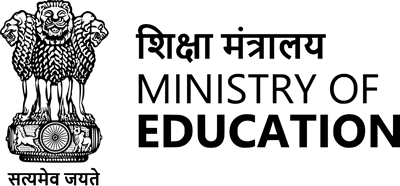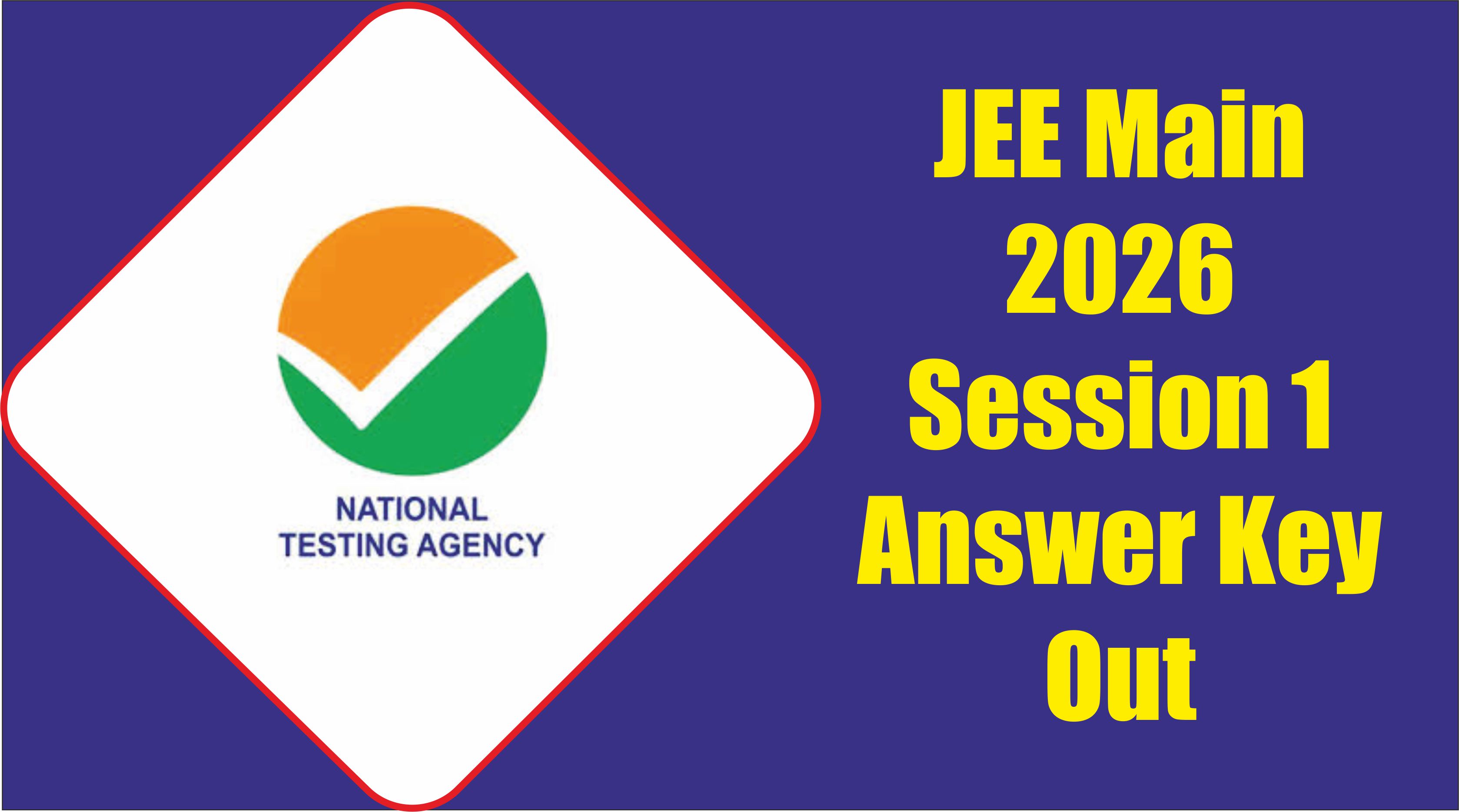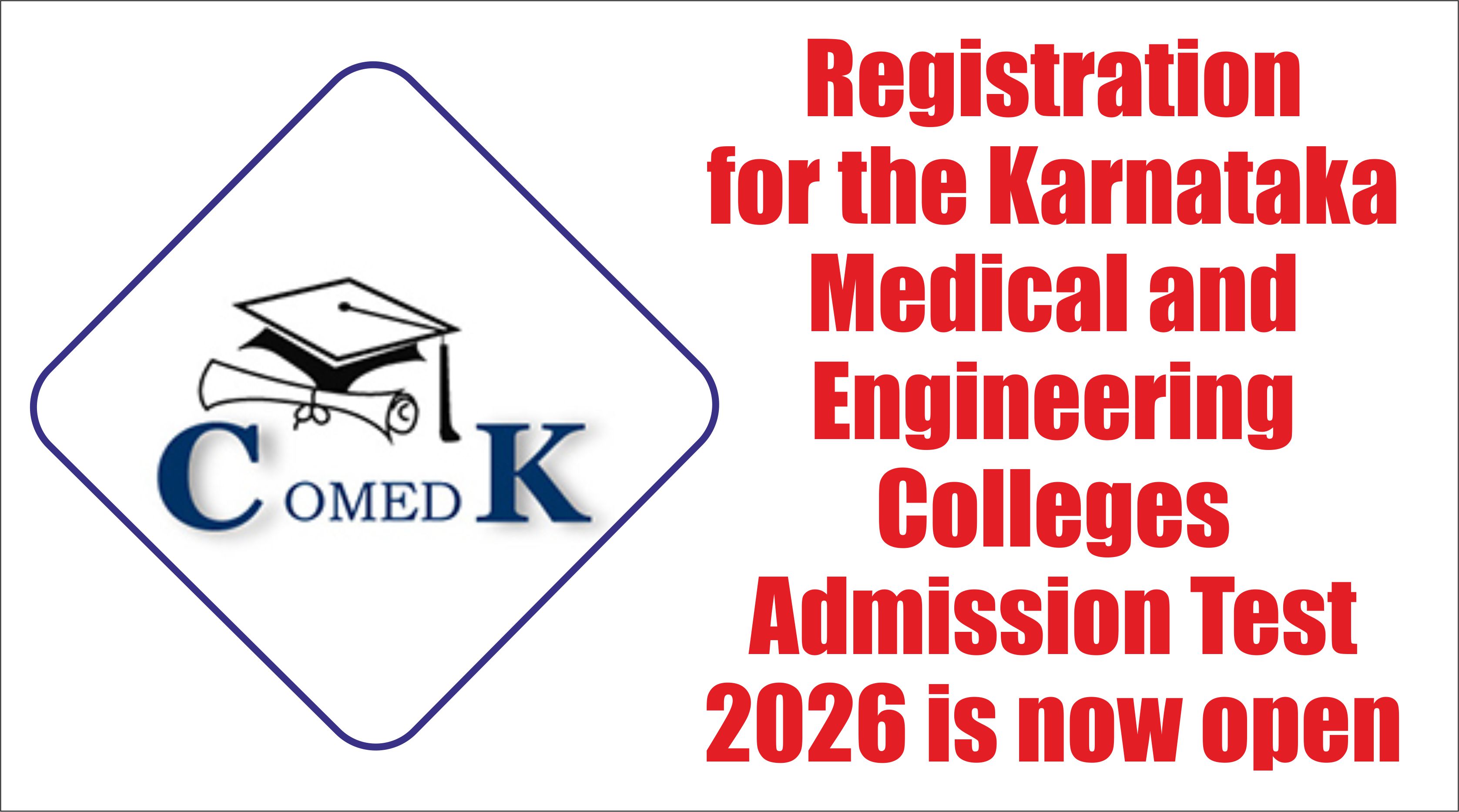A government commission is going to examine kids' dependence on coaching.

According to officials, the Ministry of Education has formed a nine-member team to look at concerns like coaching, the rise of "dummy schools," and the efficiency and equity of entrance exams.
Measures to lessen students' reliance on coaching centers for their transfer to higher education will be proposed by the team, which is led by Higher Education Secretary Vineet Joshi.
According to a senior Ministry of Education official who spoke to PTI, "the committee will examine the gaps in the current schooling system that contribute to students' reliance on coaching centers, particularly the limited focus on critical thinking, logical reasoning, analytical skills, and innovation and the prevalence of rote learning practices."
Students that score highly on medical entrance examinations, such as NEET UG, and engineering entrance exams, such as JEE Main and JEE Advanced, prefer to enroll in sham schools so they can concentrate entirely on their competitive exam preparation. They immediately show up for the board exams without attending any classes.
In order to benefit from state-specific quotas for admission to medical and engineering colleges, applicants also select phony schools. As an added incentive to enroll in sham schools in the city, students who finish their senior secondary education in Delhi are eligible for the Delhi state quota in medical colleges.
The group will investigate the factors that led to the rise of "dummy schools," analyze how they promote full-time coaching at the expense of formal education, and offer solutions to address these issues, the official continued.
In the framework of the educational system, the panel will examine the efficacy and equity of competitive entrance exams as well as their impact on the expansion of the coaching sector.
"The function and significance of formative evaluations at the school and university levels will be evaluated, as well as how their absence impacts students' conceptual knowledge and competitive test readiness. The panel will also examine how students are drawn to coaching institutes due to the imbalance, the growing demand for high-quality higher education, and the scarcity of seats in prestigious universities, he said.
The committee's other areas of focus include evaluating the degree of awareness among parents and students about the various career pathways and how this lack of knowledge contributes to the over-reliance on a small number of elite institutions; evaluating the effectiveness and accessibility of career counseling services in schools and colleges; and proposing actions to improve career guidance frameworks.
The panel also includes representatives from the Indian Institute of Technology (IIT) Madras, National Institute of Technology (NIT) Trichy, IIT Kanpur, and National Council of Educational Research and Training (NCERT); joint secretaries from the departments of school education and higher education; the chairman of the Central Board of Secondary Education (CBSE); and school principals (one from each of the Kendriya Vidyalaya, Navodaya Vidyalaya, and a private school).
The move comes after the government received complaints about an increase in student suicides, fire incidents, the lack of facilities in coaching institutes, and the teaching methods they use. The nation's coaching centers have been at the center of a number of controversies.



